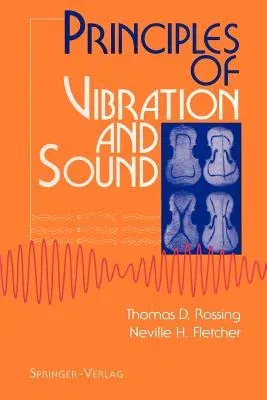Thomas D Rossing
(Author)Principles of Vibration and Sound (Softcover Reprint of the Original 1st 1995)Paperback - Softcover Reprint of the Original 1st 1995, 16 December 1994

Qty
1
Turbo
Ships in 2 - 3 days
In Stock
Free Delivery
Cash on Delivery
15 Days
Free Returns
Secure Checkout

Print Length
247 pages
Language
English
Publisher
Springer
Date Published
16 Dec 1994
ISBN-10
0387943366
ISBN-13
9780387943367
Description
Product Details
Book Edition:
Softcover Reprint of the Original 1st 1995
Book Format:
Paperback
Country of Origin:
US
Date Published:
16 December 1994
Dimensions:
23.47 x
15.52 x
1.35 cm
ISBN-10:
0387943366
ISBN-13:
9780387943367
Language:
English
Location:
New York, NY
Pages:
247
Publisher:
Weight:
367.41 gm